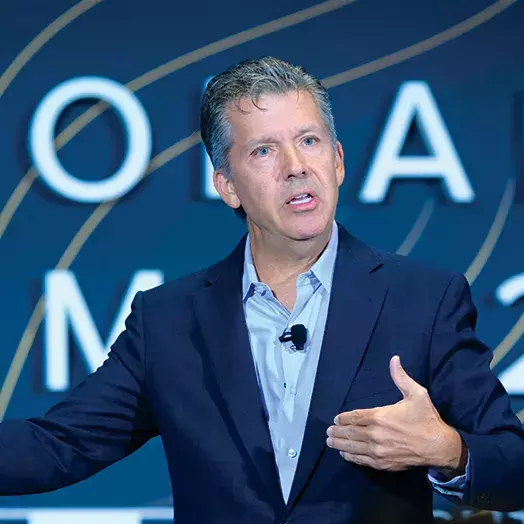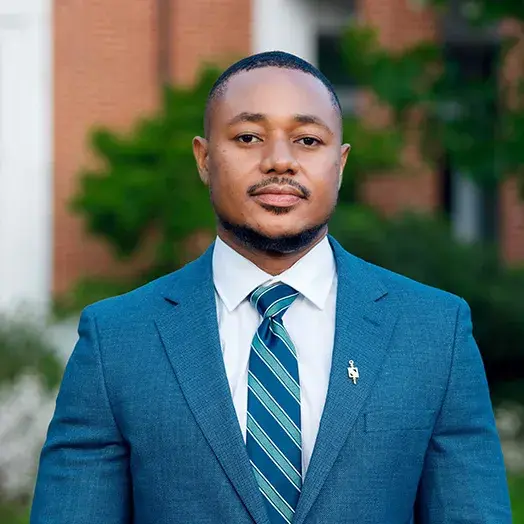Physicians and nurses succumb to suicide at twice the rate of other professions. The symposium “From Crisis to Transformation: Leading Culture and Operational Improvements for the Health Care Workforce of the Future” was not just a meeting of the minds – it was a call to action against these widespread challenges facing health care workers.

A call to heal the healers amid crisis
Physicians and nurses succumb to suicide at twice the rate of other professions, according to Dr. Lorna Breen Heroes' Foundation, an organization founded in memory of its namesake after she died by suicide in the early days of the COVID-19 pandemic. It’s a paradox that health care workers in pursuit of their mental wellness encounter systematic barriers that may violate the law and foster an environment of stigma and fear.
The March 19 symposium “From Crisis to Transformation: Leading Culture and Operational Improvements for the Health Care Workforce of the Future” was not just a meeting of the minds – it was a call to action against these widespread challenges facing health care workers. It was organized by the Johns Hopkins Carey Business School’s Human Capital Development Lab alongside the Johns Hopkins School of Medicine and the Dr. Lorna Breen Heroes' Foundation.
"Those taking care of us shouldn't face consequences for taking care of themselves," said Pennsylvania Rep. Susan Wilde, who joined the event’s lunch session to discuss the impacts.
According to the CDC’s National Institute for Occupational Safety and Health’s L. Casey Chosewood, about one in seven Americans work in health care. And many report facing professional repercussions when they seek mental health assistance. “Sometimes you’re actually required to disclose that you’re seeking treatment,” said keynote speaker and CEO of the Dr. Lorna Breen Heroes' Foundation Corey Feist. Between state licensure, credentialing questions at hospitals, applications to be on insurance panels, and medical malpractice cases Feist said it is not uncommon for health care workers’ medical histories, which they may prefer to keep private, to come to light.
"Those taking care of us shouldn't face consequences for taking care of themselves."
Susan Wilde, Pennsylvania Rep.
That being the case, sometimes health care workers seek help outside of their insurance plan due to potential legal ramifications. Organizers felt that this, coupled with increasing reports of workplace harassment, burnout, and a growing desire to leave the profession, calls for an immediate reevaluation of health care's operational and cultural frameworks.
What to Read Next

research
Who should lead organizations’ adaptation to AI?Bloomberg Distinguished Professor of Business and Medicine at Johns Hopkins University Kathleen Sutcliffe moderated a panel about workplace culture for a healthy health care workforce. During the discussion, Jeane Garcia-Davis, associate director of science and policy at the Office of the U.S. Surgeon General, said, "People need to know that they're cared for. They need to hear it, they need to see it, and they need to feel valued."
The symposium was not just a forum for discussion but a launching pad for a movement dedicated to supporting, valuing, and revitalizing the health care workforce, said Human Capital Development Lab Director Rick Smith. The collective commitment to change shone following the final panel, where Smith led all the moderators in a discussion of takeaways from the day. Dr. Lorna Breen Heroes’ Foundation Chief Medical Officer Stefanie Simmons, MD, summed it up. "The power in this room and the knowledge to understand the issue and affect change is immense. This work can feel a little lonely. But it shouldn't because you have everyone in this room locked in arms with you as well."


